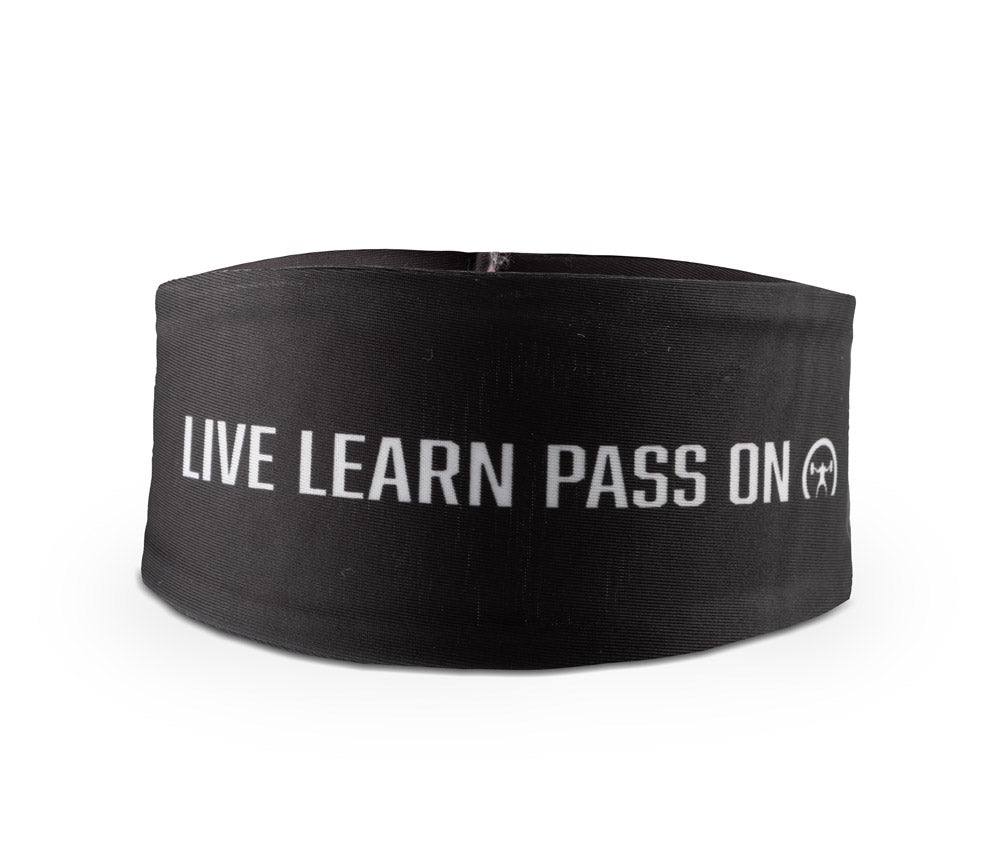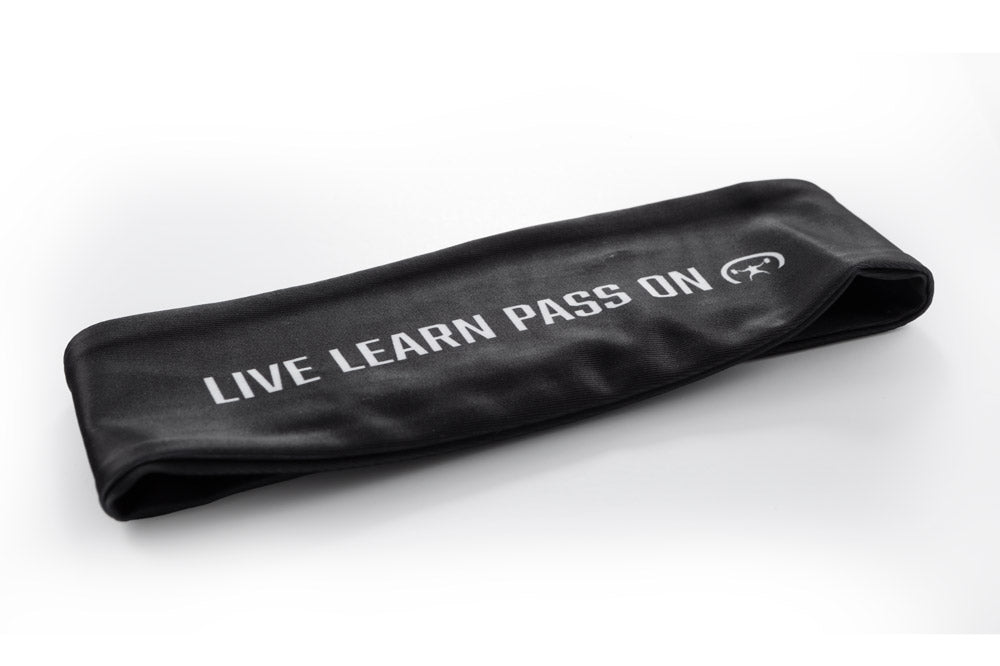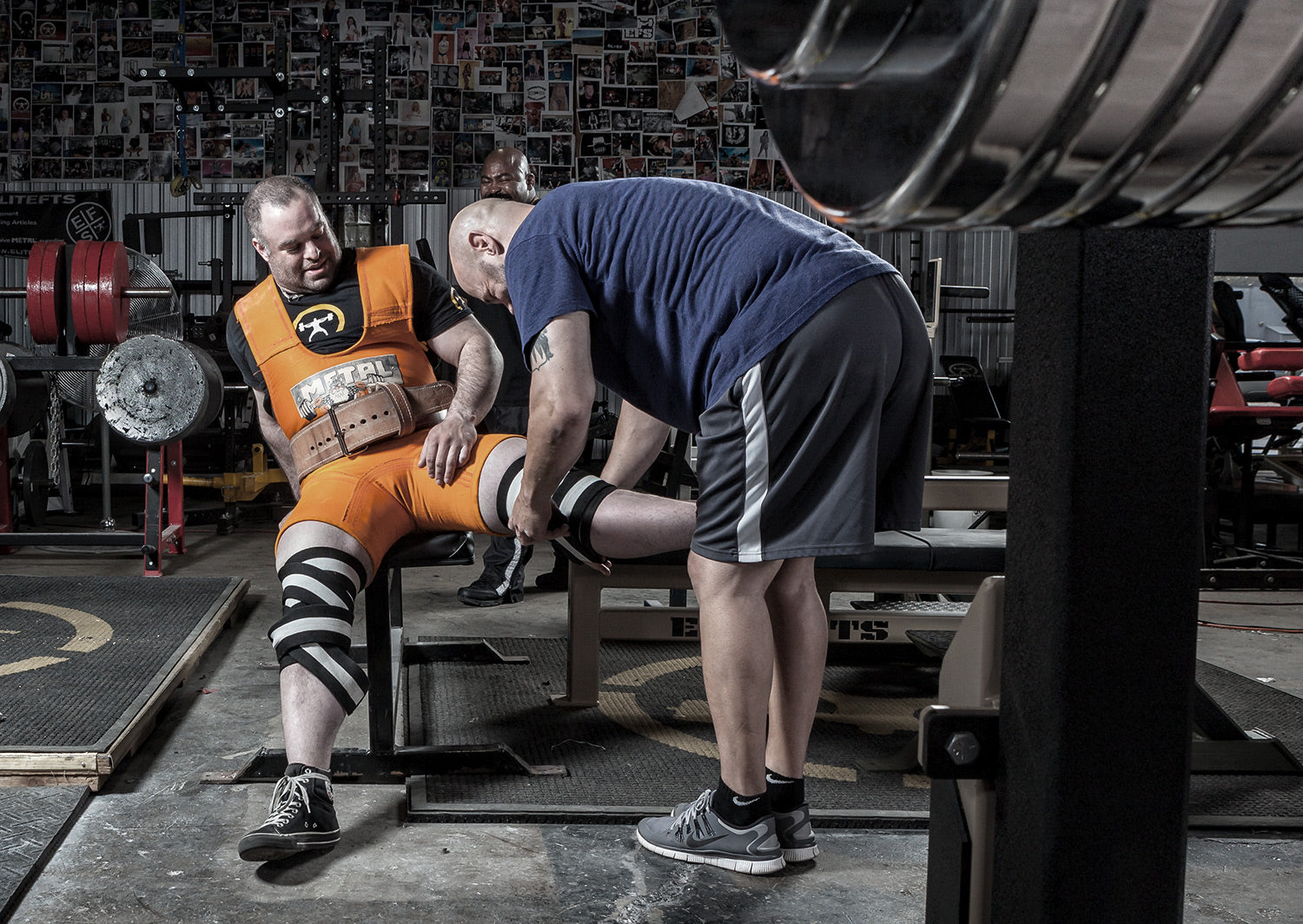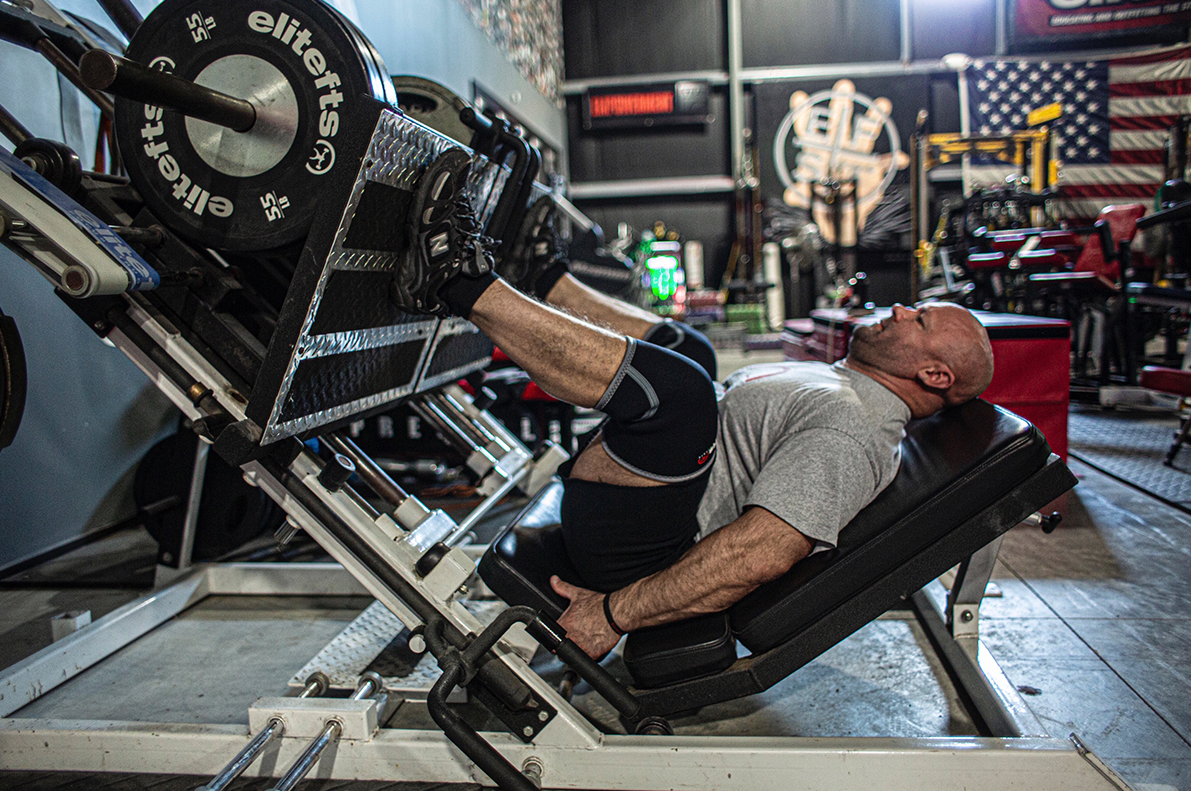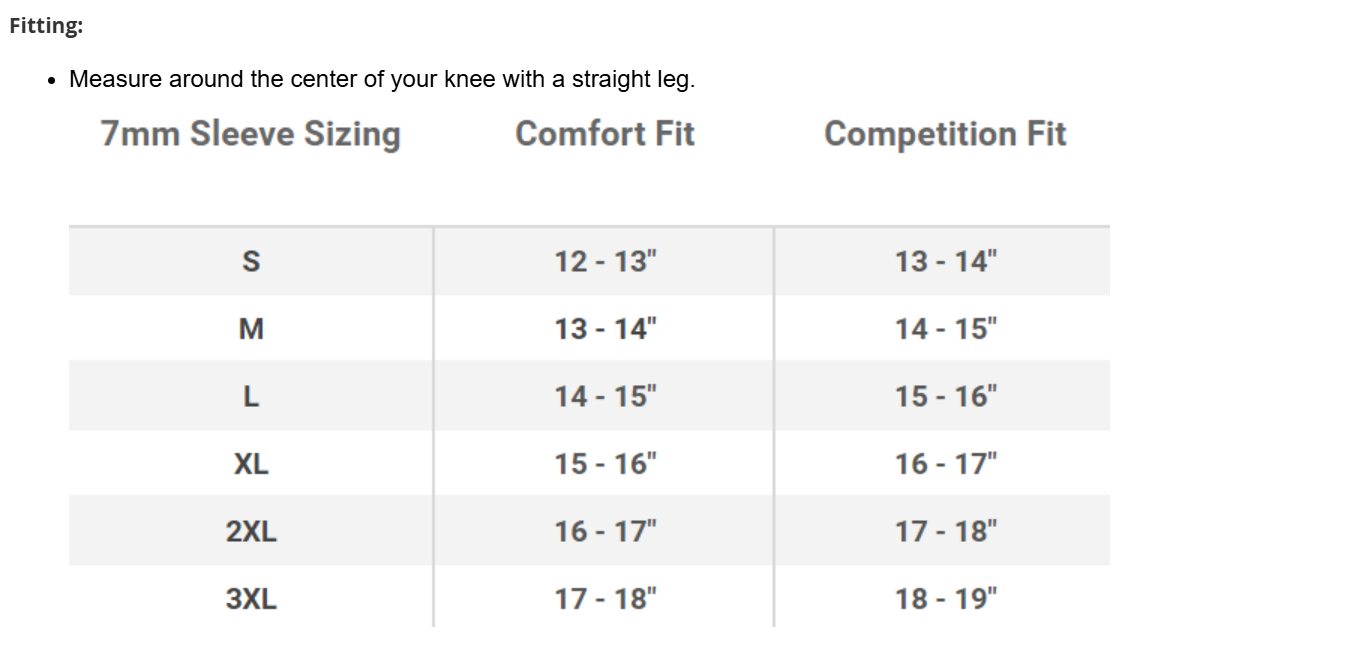Training is medicine for some of us. In this article, I am going to be speaking directly to the readers who fit into that category. Even for those of us who do, it may not always be easy to keep sight of the fact, though that does nothing to make it less factual.
For most of us, the volume of responsibilities we carry on our backs can make it hard to establish or even recognize our current hierarchy of priorities. It may seem the responsible thing to put training on the back burner. I can see how that might appear to make obvious sense. I mean, training is just a hobby. Right?
RECENT: Meet Report: 5thSet at the Kern US Open
Or, is it possibly something more? I can’t speak for everyone, but I’m happy to share my own experience on this topic, which seems to be in line with that of most people I coach. For me, training is a life-sustaining medication. If it came in pill form, it might be more easily accepted that I shouldn't miss a dose. But it doesn’t come in pill form. Maybe that is why its importance is so frequently undervalued. It’s not the highest item in my priority system, but as I’ve recently been uncomfortably reminded, it’s very close to the top of the list.
I try to cover the priorities talk with my lifters any chance I get that seems relevant, though I’ve admittedly strayed from it myself. The talk revolves around what I call the “Top Three.” Think of this as the medals-ceremony podium for priorities. If we keep these Top Three priorities in check, people like us are far more likely to sustainably function on a much healthier plane.
First, let’s look at how the Top Three should be structured, then we can get into some detail about how to define them, as well as the rationale which justifies their ranking.
- Family
- Work
- Training

Many people identify training as a hobby, but, like I said in the beginning, I am speaking to those of us for whom training is medicine. For us, hobbies have to rank below training. This is a matter of mental, physical, and, most importantly, emotional health.
Now that we know the ranking for these priorities, we can take a look at what each of them actually means. There can be a lot of confusion regarding semantics, but we don’t want to let that get us off course.
Family
Family can refer to parents, siblings, spouses, long-term partners and in some cases, even dear friends we have accepted and ingrained as members of our respective clans. These are the people nearest to our hearts, the ones with whom we share our struggles and triumphs and labor to develop a healthy and sustainable interdependence.“The goal is to create a compelling vision of what you and your family are all about,” Steven Covey wrote in his eye-opening book on the subject, entitled 7 Habits of Highly Effective Families.
Covey is a Harvard-educated consultant on the subject, and he is a big fan of single-sentence mission statements regarding a family’s unified purpose. His family’s mission statement is one of the most impressive I can imagine, and certainly one that speaks to my heart:
“The mission of our family is to create a nurturing place of faith, order, truth, love, happiness and relaxation, and to provide opportunity for each individual to become responsibly independent, and effectively interdependent, in order to serve worthy purposes in society.”Whether or not your family culture and values align with his, the importance of developing a clearly stated purpose is an unequivocal game-changer in this department. Yours can look however you would like, but it should purposefully reflect the family culture you all agree you are trying to develop.
So this top priority, family, isn’t just about paying bills, or doing what other members want. It should be about adhering to a clear purpose you are all striving to serve together. This eliminates the possibility of the personal desires of one family member stifling the greater good of the whole clan, and instead allows us to lean on a system of values we’ve developed or agreed to together.
RECENT: For the Fathers and the Fatherless on Father's Day
People can have dramatically varying beliefs and values, so explicit communication and respectful compromise are often necessary. For us, it’s crucial to communicate the value and importance of our training to our families and integrate this into our system of values via compromise and mutual respect.
Work
While it is important to internalize responsibility for our professional identities, tensions between personal (family) and professional values usually cause problems. If Mom feels called to be a pastor, and Dad wants to pursue his dreams of joining the Thunder From Down Under all-male revue in Vegas, there may be some long-term trouble finding a sustainable compromise. This is part of the reason family stays above work.Another huge reason is that if our professional lives cause us to lose our families, then we will end up in a worse position and the whole endeavor avails us nothing. I learned that lesson the hard way a long time ago. Family > Work.

Training
Sadly, this category is often viewed as a rather selfish one. However, if we look more closely, we can see that for us, it is actually a very powerful emotional and psychological corrective. Medicine, even. You wouldn’t stop taking antidepressant drugs you’d been prescribed because it got in the way of going to the movies or bird watching or some other hobby. So why would you ever not train to cater to one of these lesser priorities?Let’s consider the type of person who decides to make physical training one of the top three priorities in their life. The rationale someone like that uses often relies on an instinctive identification of training as an emotional, physical, and psychological need.
The first thing I do in the application process when I’m interviewing a new client is to send them a list of personal questions to expound on.
I’ll give you a look behind the curtain here. The main questions I’m concerned about are regarding what got the lifter started training, followed immediately by what KEEPS them training. Any answer that doesn’t demonstrate a sincere need for training, tells me they aren’t really one of us, which need training in our Top Three. I can’t help those people. Their applications end up in the recycling bin.
There is a good amount of science to back up what I’m saying here.
Training can increase brain sensitivity for the neurotransmitters serotonin and norepinephrine. It can also increase testosterone and the release of endorphins in both men and women. All of these things make us feel better and operate with less anxiety, depression, and pain — even when we are not in the gym. Think about how much that could benefit someone who suffers from these conditions. Now consider how it can improve mood and interactions with loved ones.
READ MORE: The Monsters on My Shoulder
For us, this is not a selfish pursuit at all. We are better men and women when we train than when we do not. Better for ourselves, better for our families, better for our professions.
It can reduce our risk of chronic disease. It can increase the size of the hippocampus (part of the brain that affects memory and learning), increasing mental function in older adults. It can even reduce changes in the brain that cause schizophrenia and Alzheimer’s disease.
For people like us, training is medicine. We should prioritize and respect it as such.
As always, please feel free to reach out with topics for future articles in my column via my socials. Thank you for reading and please share this.














